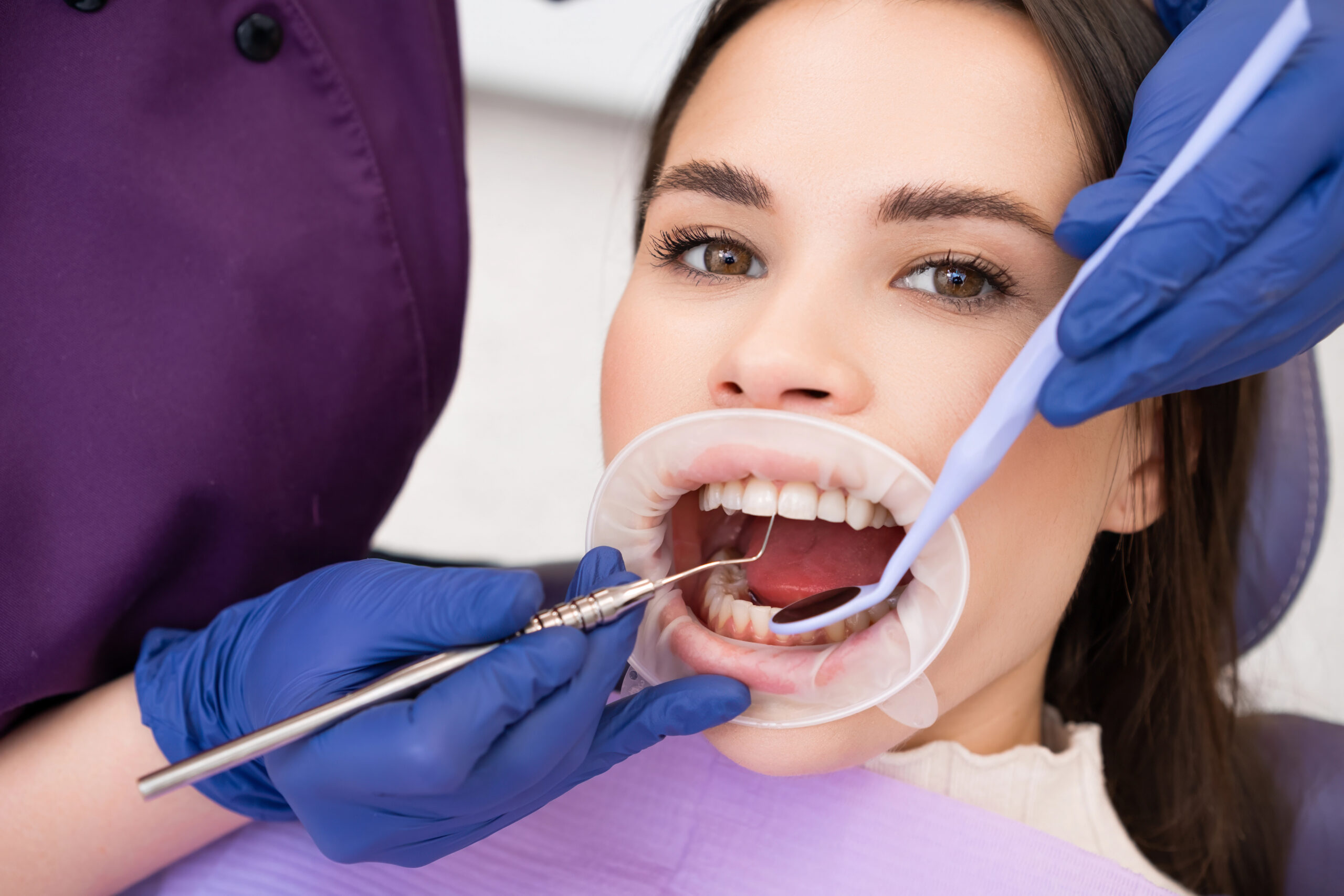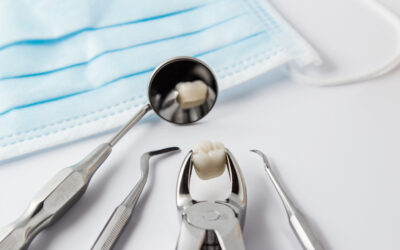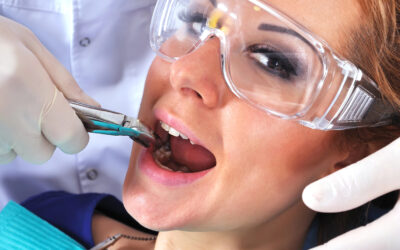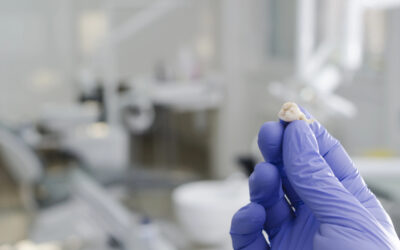Are you wondering how dental extraction for an infected tooth can help stop the spread of infection and relieve discomfort? Dental extraction for an infected tooth is a common procedure that removes the source of infection, preventing further complications and alleviating pain. By addressing the issue promptly, it helps maintain overall oral health and well-being.
Dental extraction for infected tooth
Understanding tooth infections is crucial when considering a dental extraction for an infected tooth. Tooth infections occur when bacteria invade the dental pulp, leading to inflammation and pain. This can result from untreated cavities, gum disease, or trauma to the tooth. If left unchecked, the infection can spread to surrounding tissues, causing more severe health issues. Recognizing the signs of a tooth infection, such as persistent pain, swelling, and sensitivity, is essential in addressing the problem promptly.
A dental extraction for an infected tooth may become necessary to prevent further complications and alleviate discomfort. Removing the infected tooth can stop the spread of infection and promote overall oral health. For those concerned about the procedure, modern dentistry offers solutions that prioritize patient comfort. Learn more about how this can be achieved by visiting our page on Dental Extraction Without Pain: Comfortable Removal with Modern Techniques.
Signs of an Infected Tooth
Recognizing the signs of an infected tooth is crucial in preventing further complications. Common symptoms include persistent pain, swelling in the gums, and sensitivity to hot or cold temperatures. You might also notice a bad taste in your mouth or experience difficulty chewing. If left untreated, an infected tooth can lead to more severe health issues, making it essential to address these symptoms promptly.
Dental extraction for an infected tooth is often necessary to stop the spread of infection and alleviate discomfort. If you’re experiencing any of these symptoms, it’s important to seek professional advice. For those in need of more information on this procedure, visit our page on Santa Rosa Tooth Extraction.
Reasons for Tooth Extraction
Dental extraction for infected tooth is often necessary to prevent the spread of infection and alleviate pain. When a tooth becomes severely decayed or damaged, it can lead to an infection that affects not only the tooth itself but also the surrounding gums and bone. In such cases, removing the tooth can be the most effective way to stop the infection from spreading further. Additionally, dental extraction may be required if a tooth is impacted, overcrowded, or if there is significant periodontal disease that compromises the health of the tooth and surrounding structures.
Preparing for Tooth Extraction
When facing a dental extraction for an infected tooth, it’s essential to understand the process and what to expect. Preparation involves discussing your medical history with your dentist, understanding the procedure, and knowing the steps involved in recovery. This ensures a smoother experience and helps in managing any anxiety related to the extraction. For those in need of professional dental care, Stony Point Dental Care offers expert services, and you can find more information by visiting your local Santa Rosa Dentist.
The Extraction Procedure Explained
The extraction procedure for an infected tooth is a common dental practice aimed at stopping the spread of infection and alleviating discomfort. During the procedure, a dentist or oral surgeon will first administer a local anesthetic to numb the area around the affected tooth. Once the area is numb, the dentist will use specialized tools to gently loosen and remove the tooth from its socket. In some cases, the tooth may need to be sectioned into smaller pieces for easier removal. After the extraction, the dentist will ensure that the site is clean and may place gauze to control bleeding. The entire process is designed to be as comfortable as possible for the patient, with a focus on promoting healing and preventing further complications.
Post-Extraction Care Essentials
After undergoing a dental extraction for an infected tooth, it is crucial to focus on post-extraction care to ensure proper healing and prevent further complications. This process involves allowing the body to naturally form a blood clot at the extraction site, which is essential for protecting the exposed bone and nerves. Maintaining oral hygiene while avoiding any actions that might dislodge the clot is important. The recovery period following a dental extraction for an infected tooth can vary, but adhering to general care practices can help in managing discomfort and promoting a smooth healing process.
Managing Discomfort After Extraction
After undergoing a dental extraction for an infected tooth, it’s common to experience some level of discomfort as part of the healing process. This discomfort is a natural response as your body works to repair the area where the tooth was removed. While the intensity and duration of discomfort can vary from person to person, it typically subsides as the healing progresses. It’s important to follow any guidance provided by your dental professional to ensure a smooth recovery and to help prevent any complications that could arise from the extraction of an infected tooth.
Preventing Future Tooth Infections
After undergoing a dental extraction for an infected tooth, maintaining optimal oral health is crucial to prevent future infections. Regular dental check-ups and good oral hygiene practices can help in identifying potential issues before they escalate. Understanding the importance of oral care and being aware of the signs of infection can contribute to long-term dental health, reducing the likelihood of needing another dental extraction for an infected tooth.
When to Consult a Dentist
If you’re experiencing persistent pain, swelling, or discomfort in your mouth, it may be time to consult a dentist about a potential dental extraction for an infected tooth. Ignoring these symptoms can lead to further complications, as infections can spread to other areas of the mouth and even to other parts of the body. A professional evaluation is crucial to determine the best course of action and to prevent the spread of infection, ensuring your oral health is maintained.
Conclusion
Dental extraction for infected tooth can effectively stop the spread of infection and relieve discomfort. For more information, call us at (707) 575-9200 or read our reviews on Google Maps.




